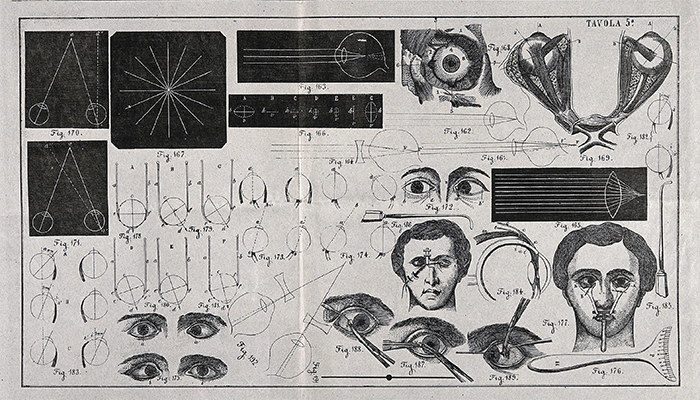
An announcement from the Royal College of Ophthalmologists calls for the standardization of all digital imaging across eye care services (1). At present, there is no requirement for different imaging systems to be able to share files across formats and technologies. This can mean that patients need repeated scans as they move between health care services, slowing their progress and adding avoidable stress and delays to diagnosis and treatment.
Given that the demand for eye care services is expected to increase by 40 percent over the next two decades (2), RCOphth has called for this standardization as a way of ensuring connected care across primary and secondary health care services. Additionally, the RCOphth announcement claims that this expansion and standardization of digital imaging would allow the incorporation of AI and machine learning systems for early detection of preventable vision loss.
Anthony Khawaja, Chair of RCOphth Informatics and Data, explains that standardization is necessary because, at present, “the current lack of standardization across ophthalmic imaging technologies means that there is no easy way to exchange images and related data between systems. There are over 22 million sight tests each year in primary care across the UK, and over 7.5 million hospital ophthalmology outpatient appointments in England alone. Not having easy ways to exchange digital images across these systems hampers clinical care and is a major barrier to research.”
This standardization would require both an extensive expansion of ophthalmic capacity in health care services and large-scale changes to ophthalmologists’ digital infrastructure. As a starting point, the Royal College recommends new, industry-wide standard practices for data storage and sharing, as well as a standard file format to ensure that patient scans are easily accessible across all kinds of technology.
Why do you think ophthalmic imaging technologies are currently incompatible? How would new standards impact your own practice and patient care? How might standardization impact the development and distribution of new imaging equipment? Get in touch to share your view: edit@theophthalmologist.com.
References
- The Royal College of Ophthalmologists (2022). Available at: https://bit.ly/3CRVFZy.
- The Royal College of Ophthalmologists (2017). Available at: https://bit.ly/3S3GbGg.
